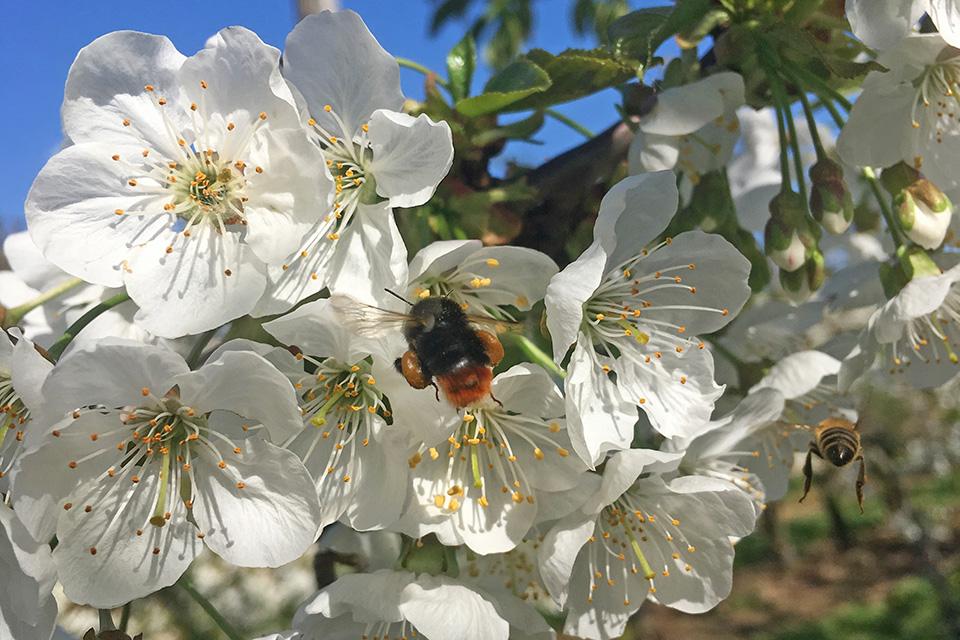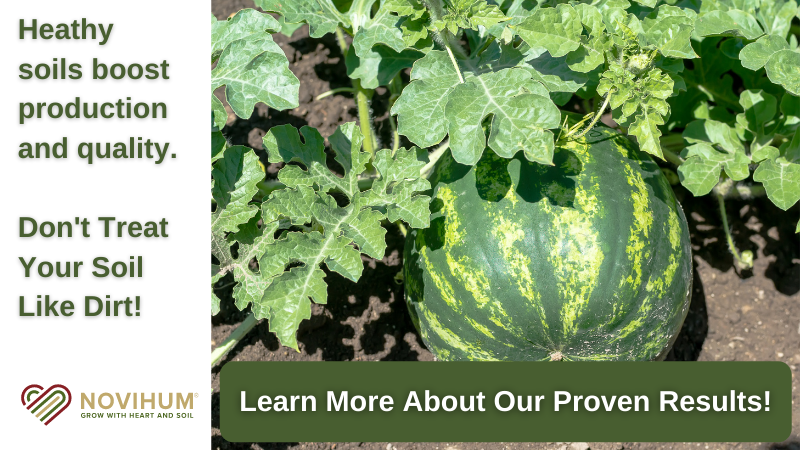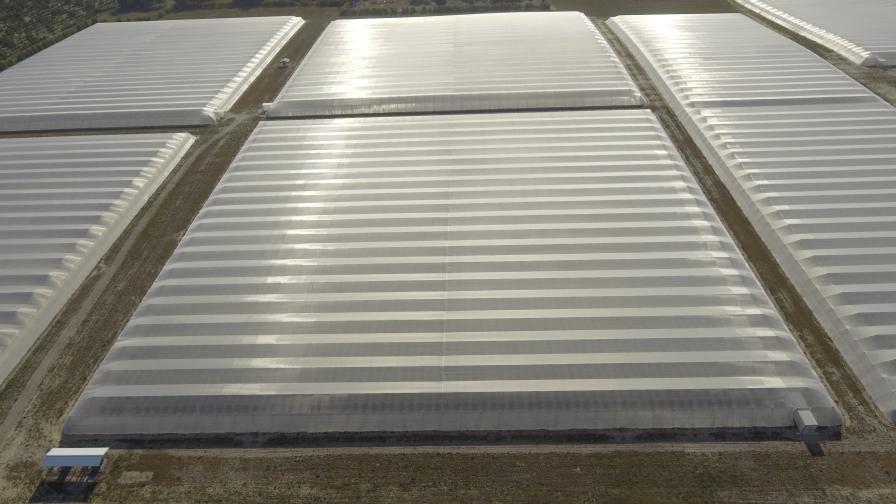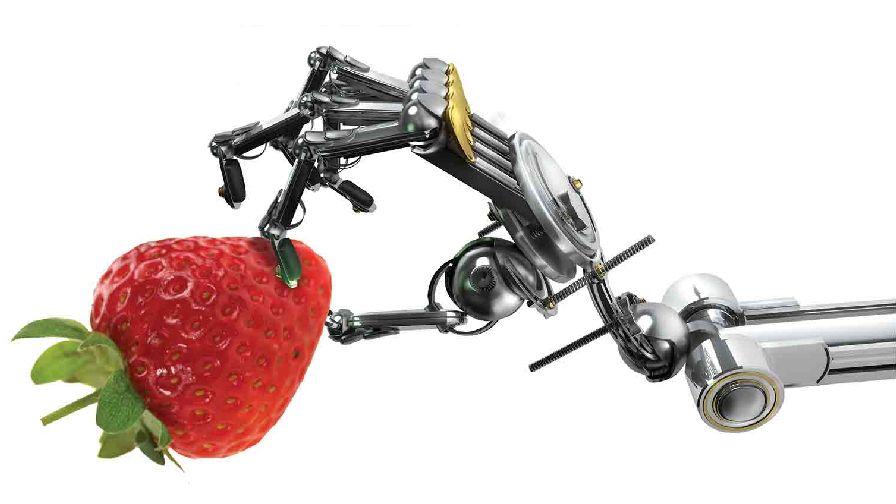Tradition Meets Innovation In Tomato Breeding Efforts
North Carolina State University’s (NCSU) College of Agriculture and Life Sciences has the nation’s largest university plant breeding program. To keep the state’s $30 million a year tomato industry on track, Dr. Dilip Panthee, assistant professor of horticultural science, uses both new tools and time-honored techniques to develop stronger and high-yielding tomato plants. According to a recent article in NCSU’s Perspectives, Pathee uses conventional breeding methods and part molecular marker-assisted selection to develop varieties.
To help address industry problems, Panthee takes a multifaceted approach — part conventional breeding, part molecular marker-assisted selection (MAS). MAS isn’t genetic engineering; it’s simply a breeding short-cut that’s very helpful when it comes to developing disease-resistant varieties using DNA-based markers.
When Panthee joined the faculty nearly five years ago, he brought skills in molecular marker-assisted breeding. He is following in the footsteps of Dr. Randy Gardner, a retired breeder credited with developing the cultivars used on about 60% to 75% of the vine-ripe tomatoes grown in the Eastern U.S.
To read the full article from North Carolina State University’s (NCSU) Winter 2013 Perspectives magazine, click here.









